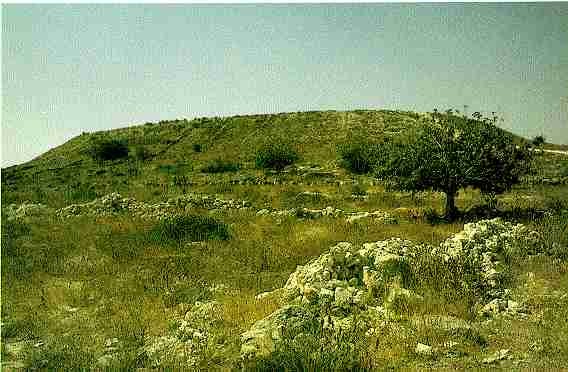Verse one gives the ending of the story of the transfer of the kingdom from the house of Saul to the house of David (2 Samuel 1-4). Ish-bosheth’s (or Abner’s) reign will weaken to the point that David’s reign, which is growing stronger, prevails.
David was a polygamist. This chapter introduces his seven wives as does 1 Chronicles 3.1-4. His family tree is interesting to peruse. His six sons are mentioned, but not his daughter Tamar whose brother was Adonijah. These children will cause David much grief as the story unfolds in 2 Samuel. As we continue our studies, we will encounter one of the most dysfunctional families in history.
Abner is still in control in this chapter until his death. He is accused of attempting to become king and removing Ish-bosheth by sleeping with Saul’s concubine. This will be explained further when we get to 1 Kings 1 where the same thing happens with David and Adonijah.
In this accusation by Ish-bosheth, Abner transfers his loyalty to David. He promises to unite Israel under David from Dan, which is in the far north, to Beersheba, which is in the far south. David and Abner came to terms to transfer the kingdom from the house of Saul to the house of David. The first term was that David would receive his first wife Michal back into his house. This was done to strengthen David’s claim to the throne.
This chapter unfolds fear in the lives of each character mentioned. Abner feared losing control, Ish-bosheth feared Abner, Paltiel feared Abner and losing Michal, Abner feared Joab, the people feared the Philistines.
All these happenings with Abner were while Joab was away. If you remember from the last chapter, Abner killed Joab’s brother Asahel. Joab was seeking revenge and was angered with David for allowing Abner to leave. He disguised it as fear for David’s life and kingdom. Under false pretenses, Joab has Abner meet him by a cistern just north of Hebron. This is important because Hebron was a city of refuge (Joshua 20.7). The men could not seek revenge on Abner in Hebron, so the took him just outside the city. This was far enough away for Joab and his brother, Abishai, to meet with and revenge the death of their brother. They killed Abner in the same manner that he killed their brother, a wound to the stomach. As David hears of the matter, he washes his hands of the deed proclaiming innocence (Deuteronomy 21.6-9).
The nation and the king mourn the loss of Abner. David does so because Abner was a prince, part of God’s anointed under Saul’s kingdom. Just as David mourned and eulogized Saul and Jonathan in chapter 1, so he does here. David proclaims his nephews are too violent for him. Yet, they are considered the three heros of his army. The curse on their family is worthy of discussion. However, it will wait for another day.
Where do you find your strength? David found it in the Lord, Abner found it in politics, Paltiel found it in Michal (a claim to the throne), Ish-bosheth found it in his title, and Joab found it in anger. Whom are you imitating today?
